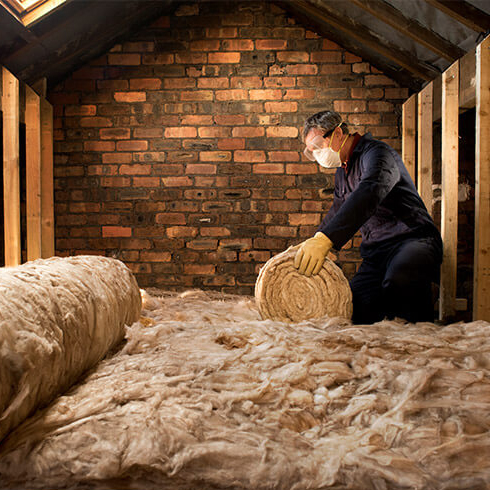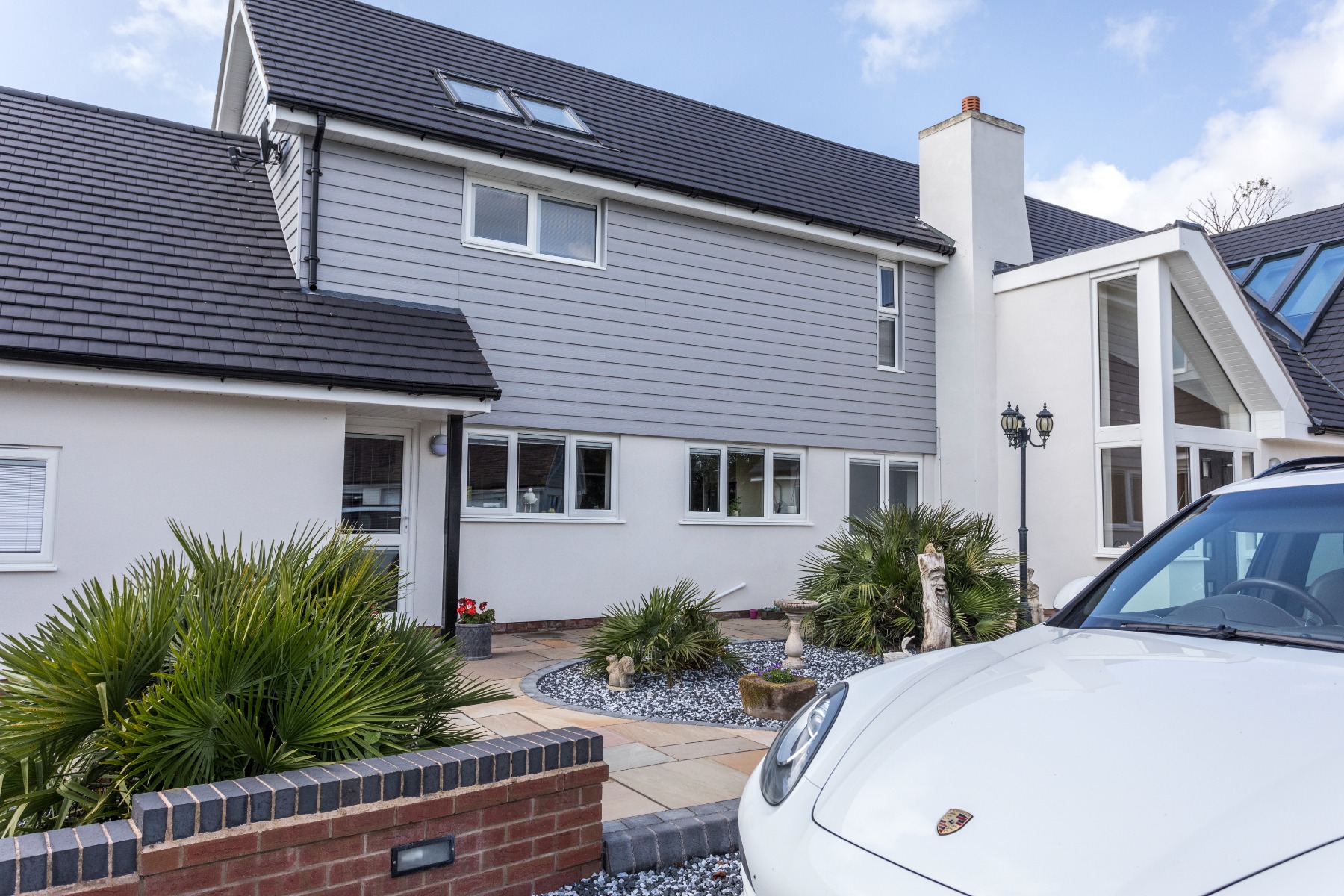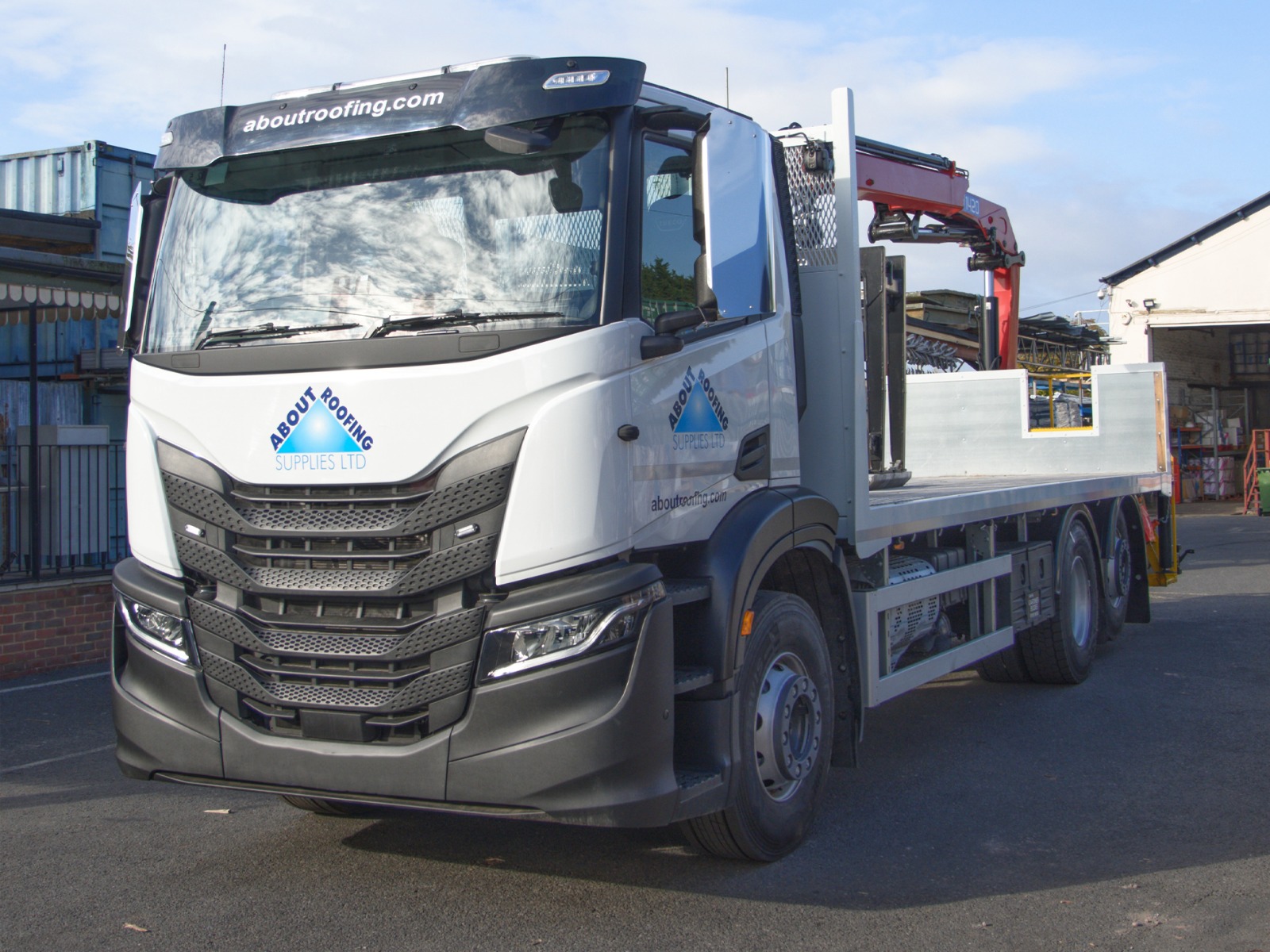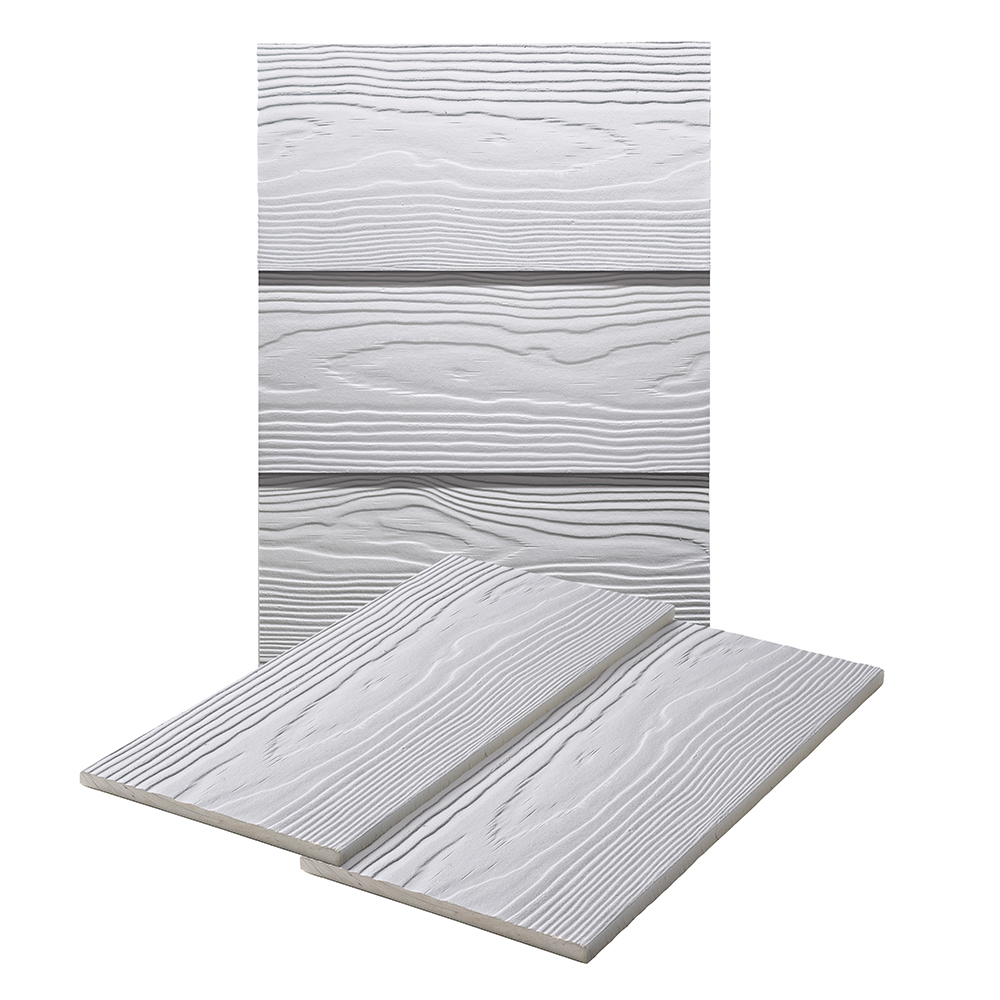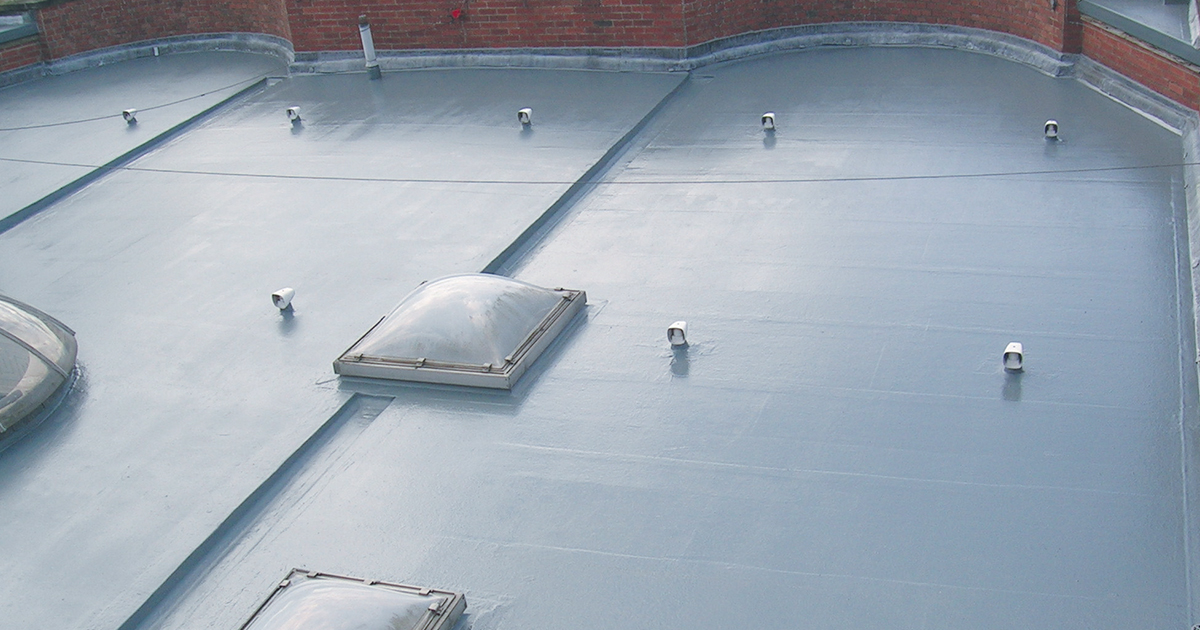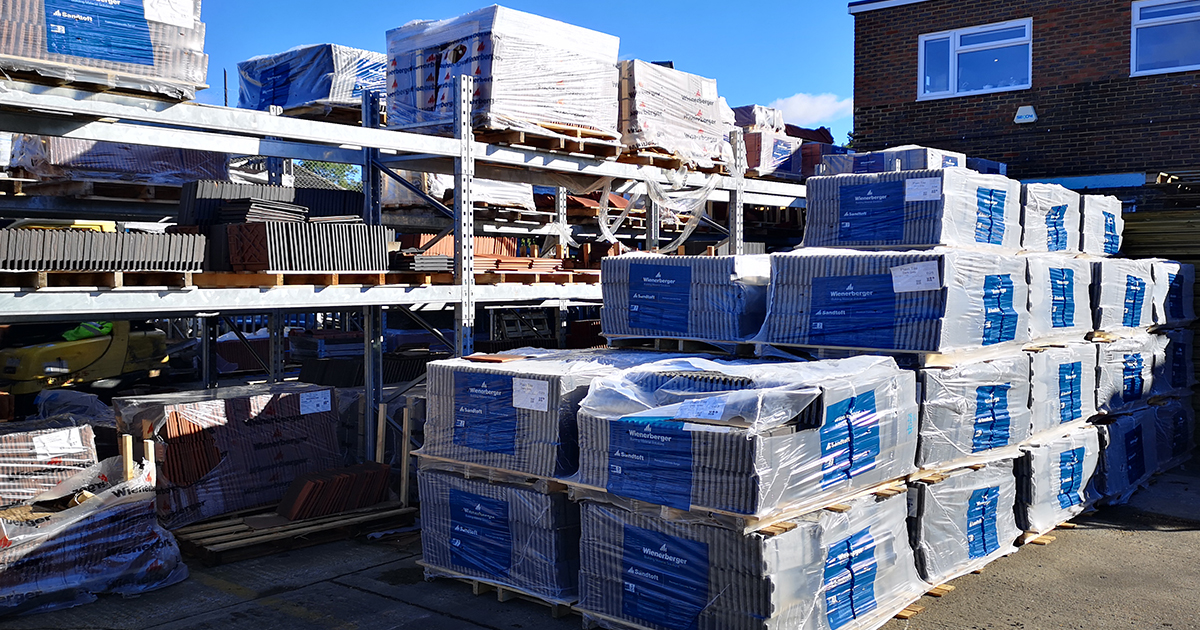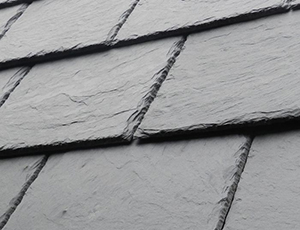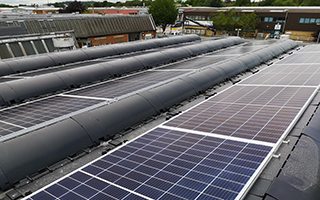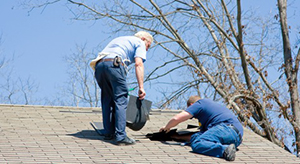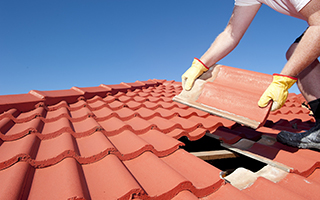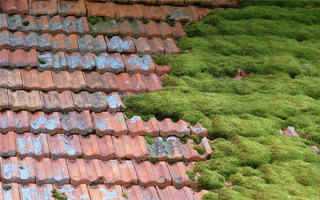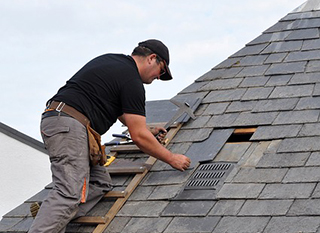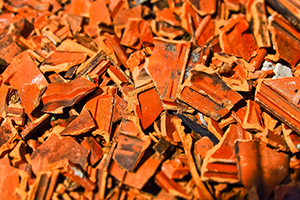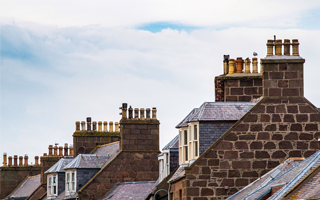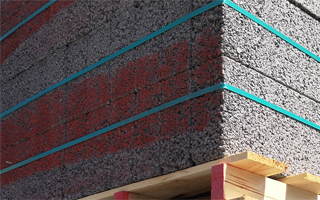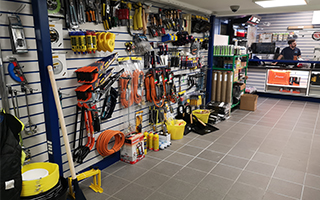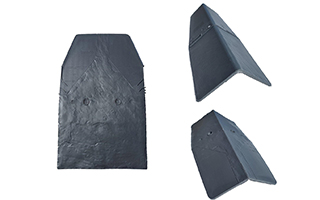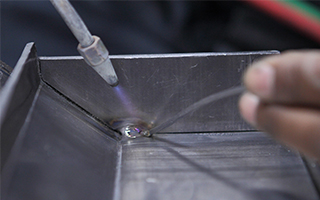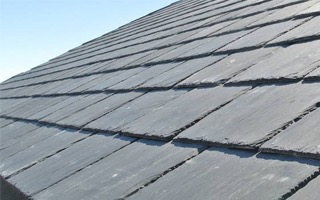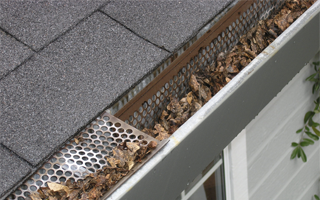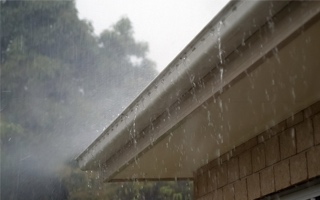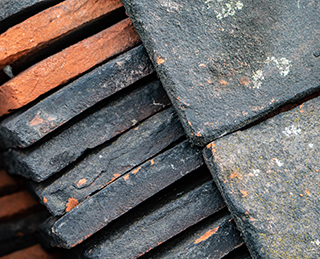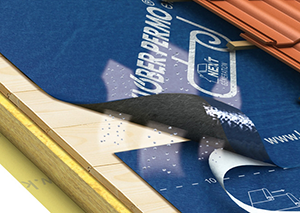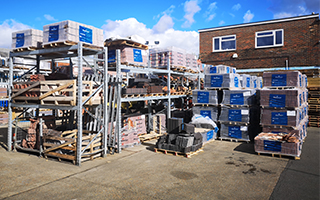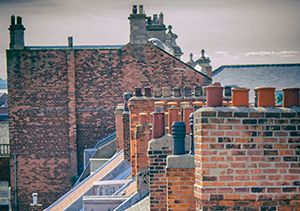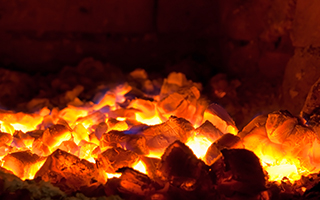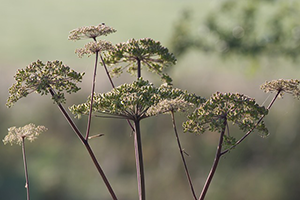The question of whether or not to have your chimney lined is a tricky one. It is essential for homeowners to be aware of the rules and regulations surrounding chimney use and to make sure that they also protect their homes and themselves.
Do I need my chimney lined?
Building Regulations are in place that states that if a person intends to use the chimney, an installer should be satisfied that it does not have any defects and is in good working order. So, for example, if you were having a heating appliance such as a log burner installed in your home, the responsibility would lie with the installer to ensure that the chimney is compliant, and for it to be so, you may need to have the chimney lined.
Why would a chimney need lining?
Having a working fire in your home can be a lovely addition and can help to keep your rooms warm and cosy. However, it does come with certain risks, and homeowners or building managers need to ensure that they and anyone else residing in the property is as safe as possible. If there is a possibility that the chimney could leak fumes into the home, a chimney liner can be useful in preventing this from occurring.
Your chimney may also require relining if a different fuel type is being used as the current lining may no longer be suitable. A gas flue liner, for example, may not be efficient enough if coal or wood fuel is being used. Older chimney systems (those that were installed before 1985) may also need to be relined for several reasons including:
- They may have weakened over time and could allow smoke to leak into different rooms within the home.
- Tar and condensates may also escape the chimney flue and seep into walls of the property, which could cause staining.
- Chimney lining with additional insulation can result in the heating appliance and flue working more efficiently and safely.
- Older systems may be defective. If a system has eroded over time, it could result in friction meaning the updraught is less efficient.
- Larger flues, especially ones that have voids, could have an impact on how well the heating appliance can perform. It is advisable to check the heating manufacturer's guidance as some require taller flues to guarantee effective operation.
Who should install a chimney liner?
If a chimney is being lined at the same time as a heating appliance is installed, it is required by law that this work is carried out by a competent person. This would be someone with the knowledge, expertise, and experience to ensure both the liner and appliance are fitted in a safe and compliant way, for example, a HETAS Registered Installer or an individual who has been approved by the Local Authority Building Control department.
BFCMA Guidance
For more information about installing a chimney flue, the BFCMA has produced some helpful guidance concerning flues and chimneys for a range of heating appliances within the home.
Top Quality Chimney Flues For Peace of Mind
If you are installing a chimney flue, it is vital to ensure you choose excellent quality materials from a reputable brand. At About Roofing, we stock & supply an extensive range of clay chimney flue terminals which can be secured onto chimney pots to ensure draft prevention, promote airflow, for capping or to discourage birds from nesting! Browse our range or get in touch with our professional team if you need any assistance.
Where can I find chimney pots, chimney cowls and flue terminals near me?
You can view and order chimney pots, birdguards, cowls, terminals and chimney caps, as well as our wide range of building products, clay roof tiles and concrete roof tiles in any of our branches listed below or we can deliver nationwide:
